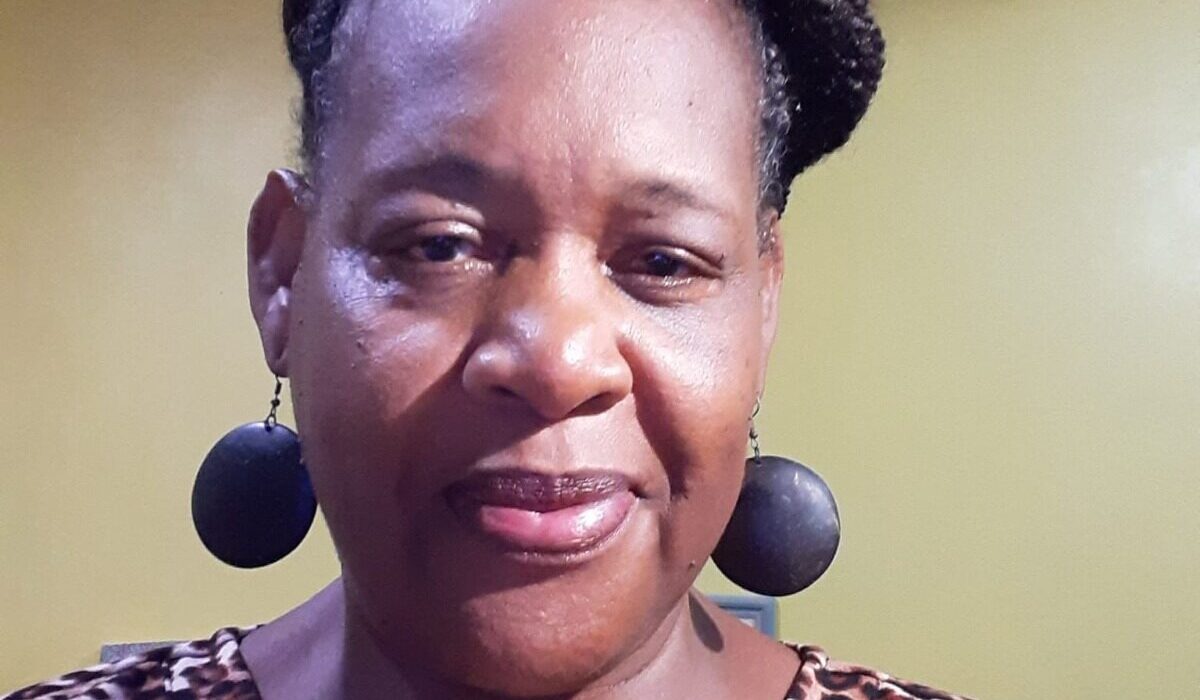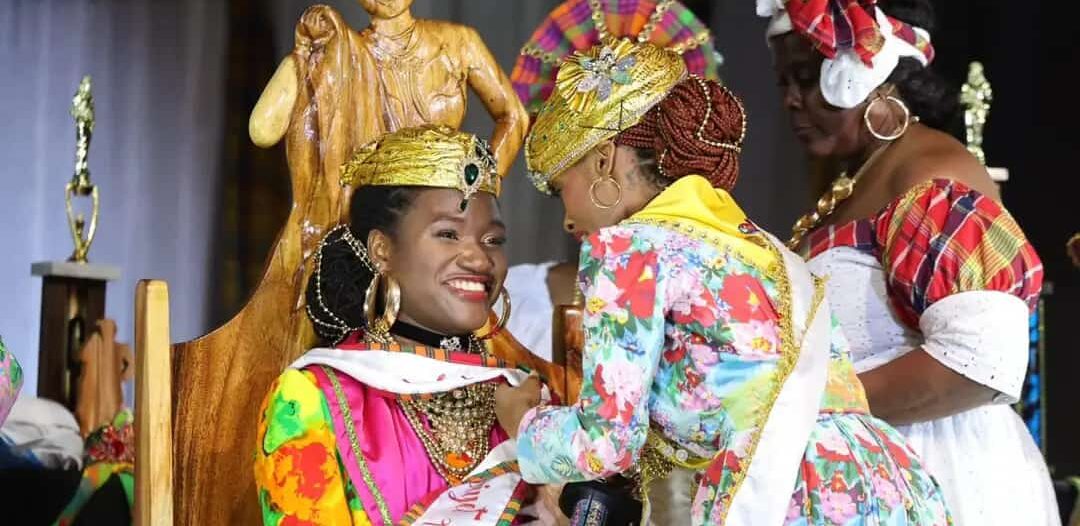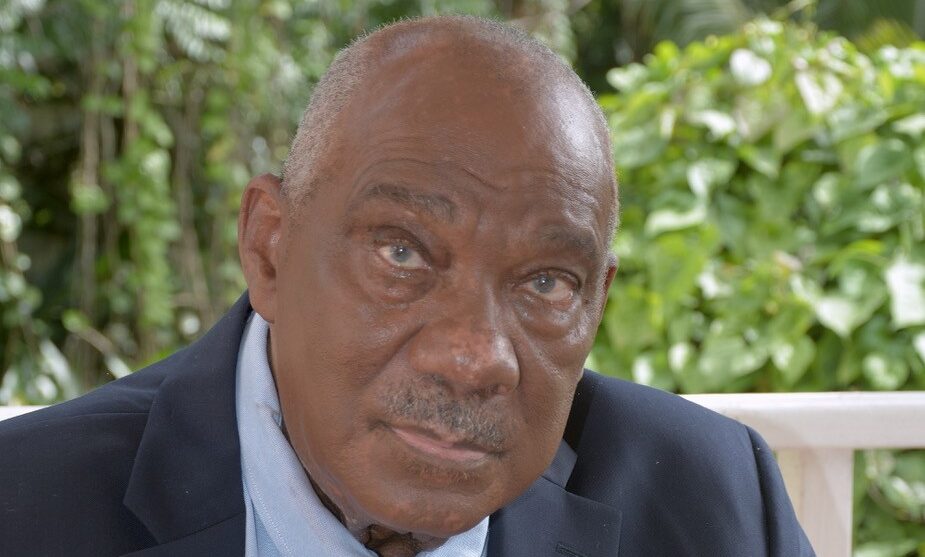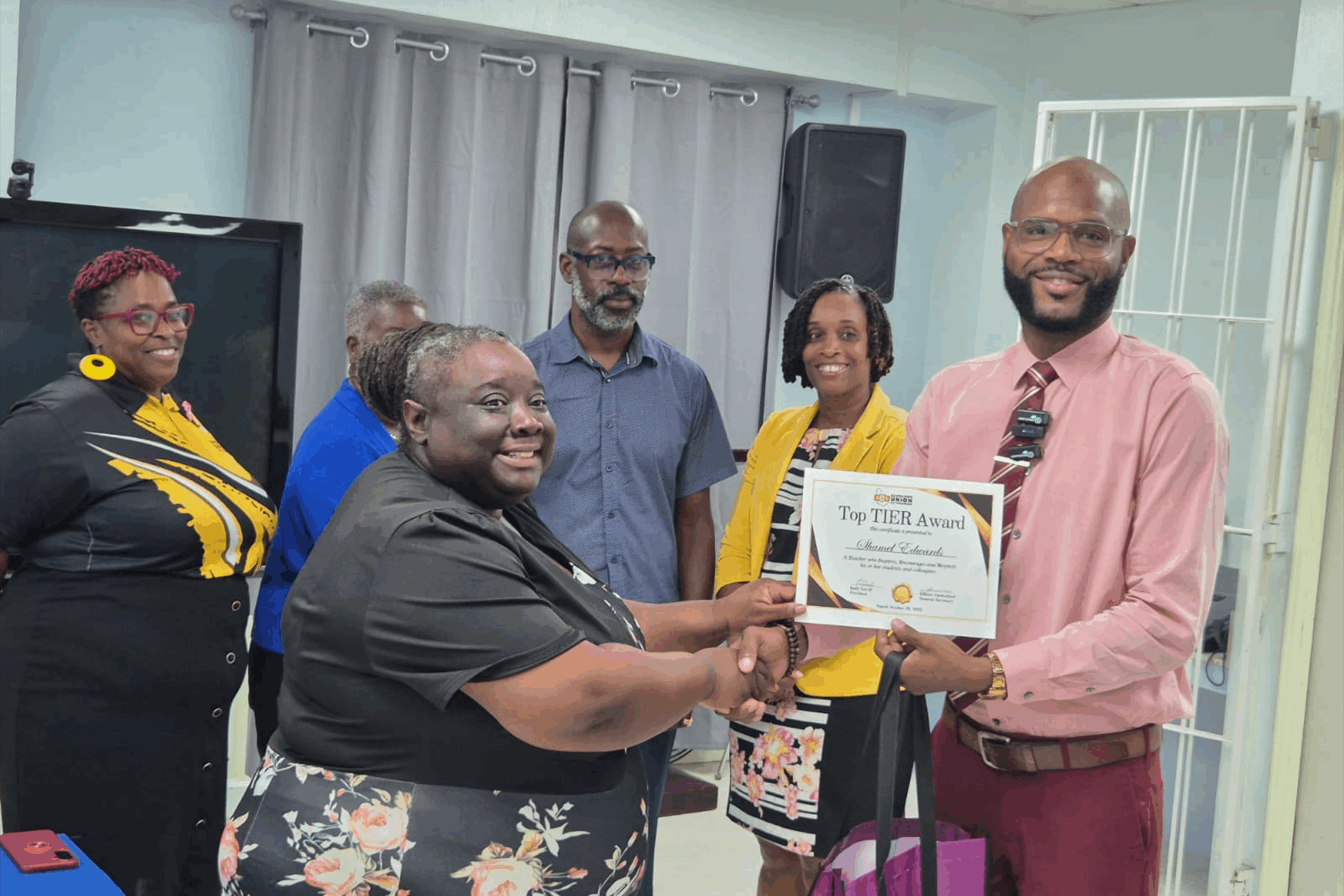The Foundation December 8, 1982, has issued a statement emphasizing the pivotal role of the verdict on the December Murders in shaping the future of Suriname as a constitutional state. The organization has welcomed President Jennifer Simons’ recent acknowledgment of the finality of the December 8 verdict and expressed openness to her call to focus on the future. The foundation underscores that impunity in any form contradicts both the Surinamese Constitution and international treaties. Given the president’s stance in favor of ‘human rights for all’ and against ‘summary executions,’ the foundation assumes her vision aligns with a future as a democratic constitutional state. The December 8 verdict marked the end of a prolonged era of impunity for grave state crimes, including the brutal torture and summary execution of innocent civilians. Official lies and slander were debunked, and the victims’ roles as champions of freedom and democracy in Suriname were affirmed. Impunity for such crimes against humanity, regardless of form or pretext, is fundamentally at odds with constitutional principles and international human rights treaties. Respecting the December 8 verdict means honoring the victims and their struggle for justice and democracy, rather than the perpetrators. Political considerations should not justify public honors for torturers and murderers, as such unethical behavior disrespects the victims and compounds the moral suffering of their families. Upholding human rights for all, as recently announced by the president, requires at a minimum: rehabilitation for the victims, recognition of the injustices and suffering endured by them and their families, and a genuine commitment to redress these wrongs. ‘Justice remains the only path to peace,’ the foundation concluded.
博客
-

New historical novel on Indian Warner now available on Amazon
Dominican author Clement Richards has captivated readers with his newly released historical novel, *Indian Warner: The Son of Two Worlds*, which delves into the life of Indian Warner, a mixed-heritage figure who rose to prominence in 17th-century Dominica. Available in paperback on Amazon and set for an audio release by October 31, the book has sparked widespread interest for its nuanced portrayal of Warner’s complex identity and legacy.
Indian Warner, born in St. Kitts to Sir Thomas Warner, the first English colonizer in the Eastern Caribbean, was appointed Deputy Governor of Dominica. However, Richards reveals that this title was a political ploy to curb his influence. Despite this, Warner emerged as the de facto leader, wielding significant power. The novel traces Warner’s early life of privilege, including access to education and weaponry—luxuries seldom granted to individuals of mixed heritage. Following his father’s death, Warner faced colonial racism and betrayal from his brother, who later orchestrated his murder, forcing him to flee to Dominica at age 15.
In Dominica, Warner’s fluency in English, French, and Kalinago allowed him to integrate seamlessly into Kalinago society. Within 15 years, he ascended to the position of Carib Obutu (chief), fully embracing indigenous customs and shedding European influences. His leadership and resistance to European colonial forces made him a target, leading to his assassination near the village now known as Massacre—a name that stands as a grim reminder of colonial violence.
Richards’ novel blends historical facts with imaginative reconstruction, challenging colonial narratives that dismissed the Kalinago as uncivilized. The book highlights their sophisticated social structures and communal values, offering a fresh perspective on indigenous history. Richards also critiques myths surrounding figures like the Kalinago woman “Bob” and Sir Thomas Warner, emphasizing the lack of reliable documentation and the silencing of indigenous voices.
The author utilized artificial intelligence in his research, leveraging its ability to gather data from diverse sources. However, he cautioned against over-reliance on AI, citing instances where he had to correct inaccuracies. Priced between $14.99 and $15, the novel is marketed as an affordable yet valuable addition to home libraries, particularly for those in Dominica or visiting for cultural events like the Creole Festival or Independence celebrations.
Richards hopes the book will inspire the Kalinago community and foster cultural pride, advocating for Indian Warner’s recognition as a Caribbean hero. He also calls for greater unity between Afro-Dominicans and Kalinago people, particularly during national events, using the conch shell as a symbol of their shared history. The novel, while not a formal history textbook, aims to ignite further research into Dominica’s past and celebrate its rich heritage.
-

Jermainia Colaire-Didier to launch new book ‘Things ‘Dominican’ and Other Poems’
Dominican poet Jermainia Colaire-Didier is set to release her second poetry collection, titled “Things ‘Dominican’ and Other Poems,” on November 1, 2025. The collection, comprising 41 poems, delves into themes deeply rooted in Dominican identity while also inviting readers to reflect on broader regional and global perspectives. Known for her passionate engagement with creative writing, Colaire-Didier has consistently participated in literary events, including the “Lyrics under the Stars” series and the Poet’s Creative Workshop Series (PCWS). Her works have been featured in school literary programs and various open mic nights, showcasing her dedication to the craft. Beyond her poetic endeavors, Colaire-Didier, a retired French instructor at Dominica State College, remains active in academia and the arts as a freelance translator and private French tutor. Her commitment to language education underscores her passion for fostering cultural and linguistic connections. The official launch of her new collection will take place at the Alliance Française venue, offering attendees a chance to meet the poet and explore her latest work. The event promises to celebrate both the art of poetry and the vibrant cultural heritage of Dominica.
-

ZebadiJah Maxwell is Miss Wob Dwiyet 2025
In a dazzling display of talent and cultural pride, ZebadiJah Maxwell from Tarreau emerged victorious as the new Miss Wob Dwiyet 2025. The prestigious pageant, held at the Massacre Indoor Sporting Facility, saw Maxwell triumph over six other contestants in a night filled with elegance and celebration. The event showcased the rich cultural heritage of Dominica, with participants competing in various categories that highlighted their poise, talent, and creativity. Maxwell not only secured the coveted title but also earned additional accolades, including Miss Photogenic and Best Performing Talent. The competition also recognized other outstanding participants, with Niah Massicot as the 1st Runner Up and Kinajè Felix as the 2nd Runner Up. Special awards such as the People’s Choice Award, Creole Poise Award, and Miss Amity were also presented, celebrating the diverse talents and contributions of the contestants. The event was supported by sponsors like the Miss OECS Pageant Committee, National Bank of Dominica, and National Cooperative Credit Union, underscoring the community’s commitment to preserving and promoting cultural traditions.
-

LIVE: Dominica National Youth Rally 2025
In today’s digitally-driven world, the act of sharing content—whether through tweets, pins, or other social media platforms—has become a cornerstone of modern communication. This phenomenon transcends mere information dissemination, evolving into a powerful tool for connection, influence, and engagement. Social sharing allows individuals and organizations to amplify their voices, reach broader audiences, and foster meaningful interactions. The simplicity of clicking ‘share,’ ‘tweet,’ or ‘pin’ belies the profound impact these actions have on shaping public discourse, driving trends, and even influencing decision-making processes. As digital platforms continue to evolve, the strategies behind effective sharing are becoming increasingly sophisticated, emphasizing the importance of timing, relevance, and authenticity. This trend underscores the transformative role of social media in bridging gaps, building communities, and redefining how we communicate in the 21st century.
-

NSDC celebrates a quarter-century of skills training
The National Skills Development Centre (NSDC) is commemorating its 25th anniversary by reflecting on its transformative journey in upskilling Saint Lucians while setting the stage for an ambitious future. During a press briefing on October 28 at its Bisee headquarters, General Manager Dr. Selma St Prix unveiled plans to evolve NSDC into a collegiate institution, bridging secondary and tertiary education, particularly in technical and vocational fields. ‘We want to collegiate the NSDC,’ she stated, emphasizing the institution’s commitment to at-risk youth under its corporate social responsibility framework. The new structure will align with both technical and academic frameworks, enabling seamless progression for students from technical institutes to NSDC and onward to Sir Arthur Lewis Community College. NSDC, established at the turn of the century and officially launched in February 2021, has gained recognition locally and internationally despite financial challenges. The institution is actively fundraising to enhance its facilities and expand its programs. Recent initiatives include the launch of the Choiseul arts and crafts center and collaborations with international partners like Sandals University. NSDC offers a diverse range of courses, from culinary arts to information technology, and aims to attract more male students by introducing cutting-edge programs in mobile app development, virtual reality, gaming, and artificial intelligence. To mark its silver jubilee, NSDC hosted a church service, a games night, and will hold a fundraising show on November 8, auctioning off the skills of professional men to corporate sponsors. Proceeds will improve the accessibility of NSDC’s building. Over the past 25 years, NSDC has trained thousands in hospitality, tourism, construction, agriculture, and more, earning praise from employers for its transversal and life skills training. Dr. St Prix recently participated in a World Bank panel on improving young men’s educational outcomes, underscoring NSDC’s commitment to innovation and excellence.
-

Sir Calixte George to be honoured for lifetime of service
Sir Calixte George, a distinguished agronomist, educator, and statesman from Saint Lucia, will be honored with the Doctor of Laws (LLD) (Honoris Causa) by the University of the West Indies (UWI) during its 2025 graduation ceremonies. This recognition celebrates his over six decades of public service, scientific research, and contributions to national development. Sir George, an alumnus of St. Mary’s College, earned his BSc in Agriculture from the University College of the West Indies and an MSc in Soil Science from the University of Reading, UK. His career includes pivotal roles such as Chief Research Officer and Acting Chief Agricultural Officer in Saint Lucia’s Ministry of Agriculture, and Executive Director of the Caribbean Agricultural Research and Development Institute (CARDI). He also transformed the banana industry as Managing Director of the Saint Lucia Banana Growers’ Association and played a key role in establishing the Windward Islands Banana Development and Exporting Company Limited (WIBDECO). Beyond agriculture, Sir George served in various governmental roles, including President of the Senate and Leader of Government Business, and was instrumental in liberalizing telecommunications in the OECS. Knighted as a Commander of the Order of Saint Lucia, he continues to contribute to public life through his writings and autobiography. The UWI’s recognition of Sir George and other honorees reflects its commitment to celebrating excellence and innovation across the Caribbean.



